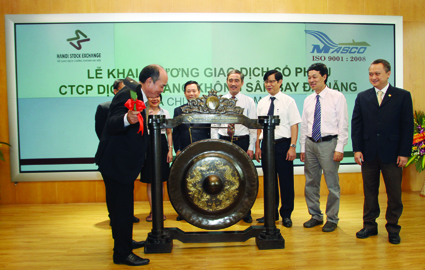From November 1, the interval between two consecutive fuel price increases will be extended from current 10 days to at least 15 days.
According to Government Decree No. 83/2014/ND-CP of September 3, on petrol and oil trading, fuel traders will be allowed to unilaterally raise fuel prices if the rate of increase is below three percent of current retail prices, but they must report the increase to the Ministry of Finance and the Ministry of Industry and Trade.

If the increase is between three and seven percent, petrol wholesalers are required to submit documents on price fluctuations of elements which make up petrol prices, as well as the anticipated increases, to the two ministries for review and approval.
The two ministries have to reply on approval or disapproval of increases and use of the fuel price valorization fund to petrol and oil wholesalers within three working days from receiving the required documents.
If they fail to do so within three working days, petrol and oil wholesalers may raise fuel prices by no more than seven percent.
Fuel price increases exceeding seven percent, or increases with a significant impact on the national socio-economic development and the people’s living standards, must be reported to the Prime Minister for review and approval.
The Ministry of Industry and Trade is responsible for providing updates on world fuel prices, including base and retail prices, and the use of the fuel price valorization fund on its website.
The Ministry of Finance will supervise petrol and oil pricing, as well as the deduction and use of the fuel price valorization fund of petrol and oil wholesalers.
Petrol and oil wholesalers must publicize on their websites or in the mass media current petrol and oil retail prices, deduction and use of the fuel price valorization fund and their audited financial statements.-
